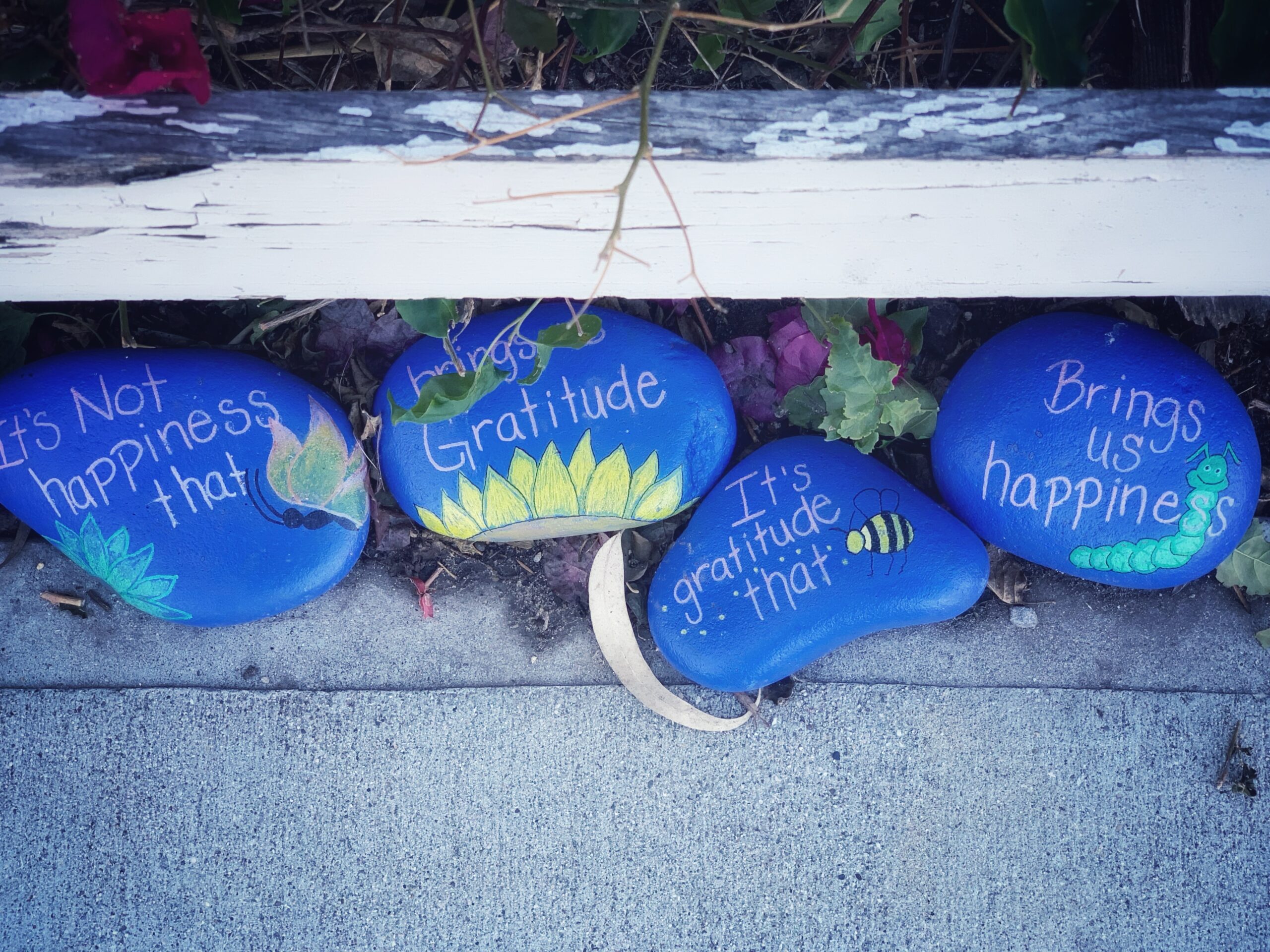Many of us were taught as youngsters to say a grace prayer before dinner.
I remember being too hungry to say more than the cursory blessing. We rarely paused to think about the farmers who planted, watered, and harvested the seeds.
Nor did we often consider the workers who drove the harvested goods to a packaging facility. Or the truckers who traveled half-way across the country to deliver the goods to a grocery store. Or the grocery store employees who unpacked and shelved the items. Or the parents or loved ones who shopped for and cooked the meals. And the many other touch-points that occurred along the way.
If you stop and think for a moment about how you felt when someone unexpectedly, and sincerely, thanked you for something that you said to them, or did for them, it probably made you feel good. Maybe it made your day.
The mental health benefits of being grateful have been scientifically studied by psychotherapists to support its inclusion as a formal treatment component when working with clients.
Robert A. Emmons, Robin Stern, and Michael E. McCullough are practitioners who have conducted formal research into this topic. According to these researchers, a practice of gratitude can “lower blood pressure, improve immune function, promote happiness and well-being,” as well as reduce “lifetime risk for depression, anxiety, and substance abuse disorders.”
Improved sleep quality and more time spent exercising were also positive results from daily and/or weekly gratitude journaling habits.
In contrast, these benefits were not experienced by the research control groups who were instructed to journal about their daily struggles. This is not to say that our daily stresses should be ignored; rather, they could be acknowledged and responded to in a noncritical and empathic fashion, which can subsequently lead to feelings of gratitude.
The act of expressing gratitude, as well as being the recipient of gratitude, promotes a sense of connection between the involved individuals, and fosters a relationship of cooperation and helpfulness. These individuals tend to feel recognized, affirmed, and valued. There appears to be a transcendent, vitalizing subtle energy that accompanies these exchanges. Authentic gratitude often happens without an individual expecting anything in return, without involvement of any sense of entitlement. It has demonstrated potential for enhancing social bonds.
Gratitude is sometimes generated from a sense of relief when we compare our current situation to a previous painful environment, or to some perceived risk of what could have happened. It is recognized as a spiritual quality within every major religious tradition, by virtually all peoples and cultures globally, suggesting it to be not only a passing positive feeling, but also a virtue to be fostered.
Many spiritual authors over the years have touted the benefits of gratitude. One such author is Henri Nouwen, a well-known inspirational writer and psychologist. He explained that we can consciously choose to be grateful, even when we are feeling hurt and resentful — that we can try to forgive others, rather than respond with complaints or bitterness.
Practicing gratitude is not easy; it takes mindfulness and discipline. And it means intentionally focusing on the positive, rather than the negative.
If you’re interested in giving it a try, at the end of each day, find three things to be grateful about — whether they be something relatively simple (like seeing a pretty flower), or something impactful (like the birth of a new baby).
Be attentive while grateful, and watch how this simple act can potentially heal your life when done regularly.
Christine Platt holds a master’s degree in Clinical Mental Health Counseling and explores related concepts and techniques to complement traditional mental health practices from holistic, spiritual, and other subtle perspectives. She had previously retired from a 35-year career as a data specialist in Information Technology.
She can be reached at platt.christine.j@gmail.com.

